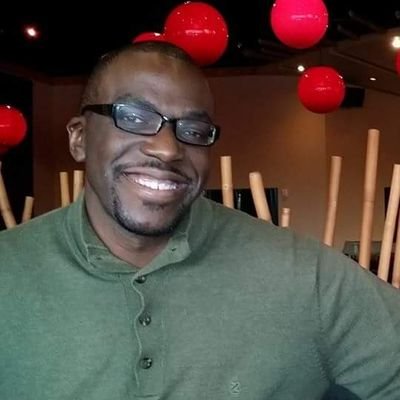Features
Chinedu Achebe: Nigerian Millennials in America Need to Wake Up!
 As the historic presidency of Barack Obama draws to a close at the end of this year, many first generation Nigerian Americans like myself are left to wonder what is next. The black immigrant population in this country was just as celebratory and excited about Obama’s election victory in 2008 as black Americans were about it.
As the historic presidency of Barack Obama draws to a close at the end of this year, many first generation Nigerian Americans like myself are left to wonder what is next. The black immigrant population in this country was just as celebratory and excited about Obama’s election victory in 2008 as black Americans were about it.
We finally felt that we had arrived and that African last names like Okeke, Olufemi, and others could no longer be a barrier or excuse for not achieving the highest levels of success in America. Africans, in particular Nigerians, have assimilated themselves into almost every phase of American life, except for the political arena. Right now, President Obama is the only person who has an immediate direct descendant from an African country to hold an elected political office on the state or federal level. When I think about how that sounds for a minute, that notion doesn’t seem plausible.
Most Nigerians are political junkies who immerse themselves in debates ranging from domestic and foreign policy issues in this country to fierce conversations on why Nigeria would be a great country only if corruption and tribalism decreased. The problem is that we have failed to transfer our political commentaries into activism. The cause of this stems from how Nigerian parents have raised their children. I still remember when I was growing up, my parents stressed to me and my siblings to never involve ourselves in political or racial talks centered on issues between black and white people.
When I was in middle school, I picked up The Autobiography of Malcolm X from my school’s library to read. I didn’t think it was a big deal until my parents found out I had it and started to get worried. They were concerned that I might be turning into some black militant. But it wasn’t until I got to college that I realized that my parents had a very disengaging view of dealing with racism. They believed that if I finished college, went to graduate school, and then got a very well-paying job, that I wouldn’t have to worry too much about societal issues in America. Sadly, many Nigerians have an almost naive perspective that since we are culturally different from black Americans, that maybe white Americans would see us as safe and unintimidating.
For many years, our community has failed to realize that police brutality was an issue that we needed to address until Matthew Ajibade made headline news. He was 22 year old Nigerian college student who was tasered to death while in police custody on New Year’s Day 2015 in North Carolina. Ajibade has now joined the list of other unarmed black men who have been killed by the police and not even his Yoruba last name made a difference. Also as the country continues to wrestle with the issue of immigration, Nigerians again have been passive on that front as well. So many of us have friends and relatives who live under the radar in order to avoid dealing with the immigration authorities. The main issues for these folks range from student visas that have expired, people who overstated their visiting visas, and “Dreamers” who came to this country with their parents as children. Another immigration related issue concerns my hometown of Houston, Texas, which has been dubbed as the Nigerian capital of the U.S. and has between 100,000-150,000 Nigerians living there.
At the present moment there is no Nigerian embassy/consulate general office here for folks to get and renew their passports. People have to travel to Atlanta, Georgia to handle this process. As 2016 kicks off another election year, the real question is will Nigerians find their voices and begin to engage with politicians about the issues I mentioned and many more that affect their communities. I have seen a few glimmers of hope coming from two women in particular so far.
One of them is Opal Tometi, one of the founders of the #Black Lives Matter movement. The other is Amara Enyia, a community and political activist who ran briefly for the mayor of Chicago in 2014 and flirted with the idea of running for Congress in 2015.
Ultimately only time will tell if the political awakening that the Obama presidency started in 2008 will continue after he is gone. I can only hope that Nigerian millennials will play a more active role in shaping how that landscape will look like.















